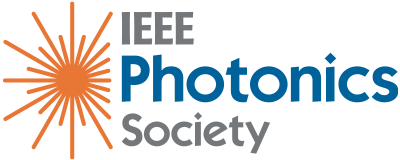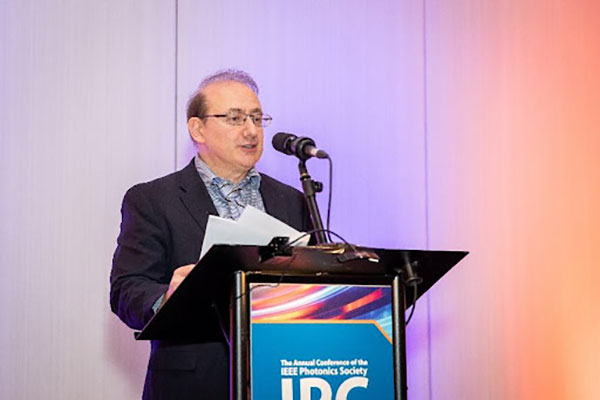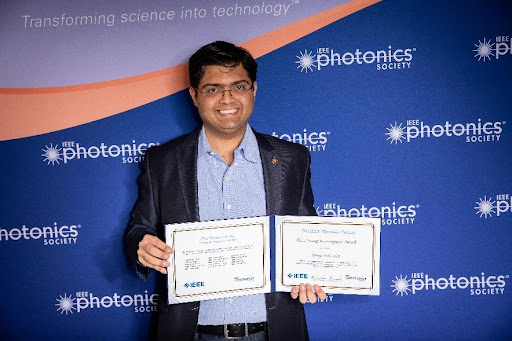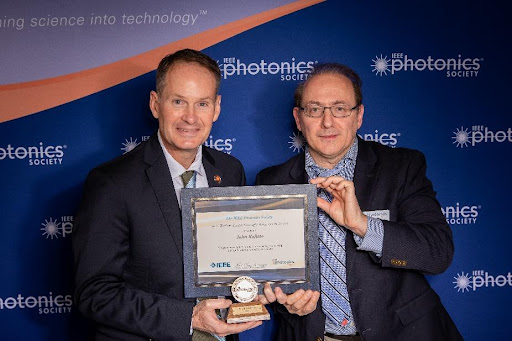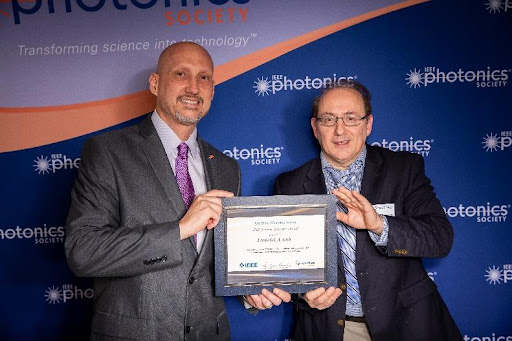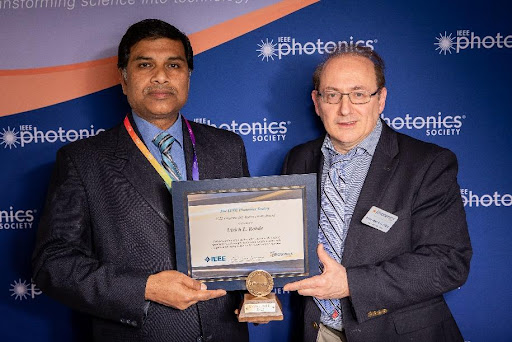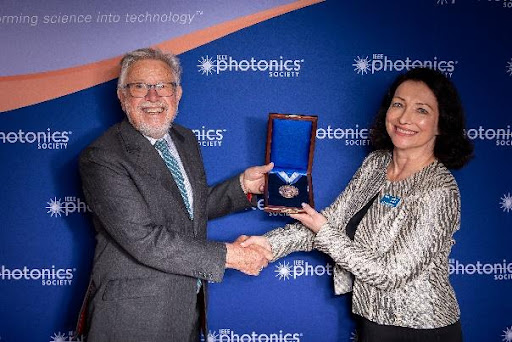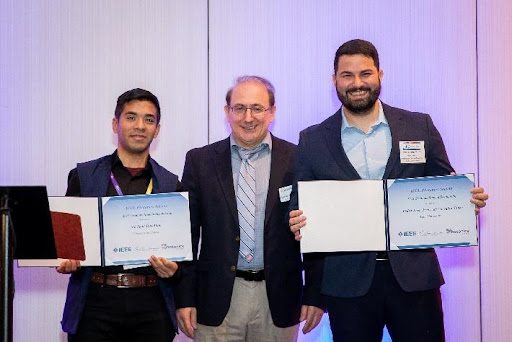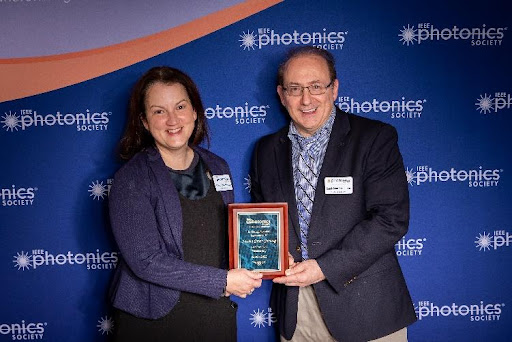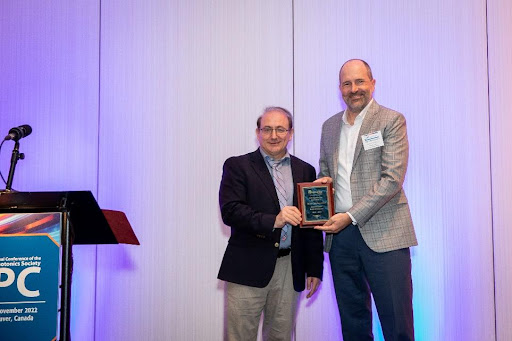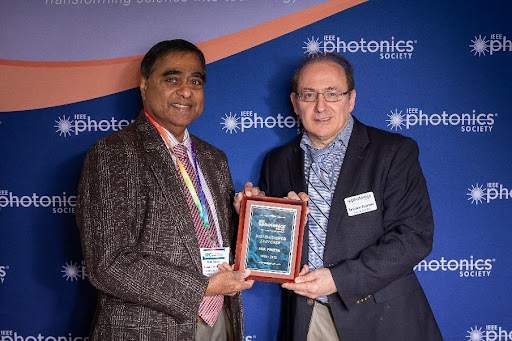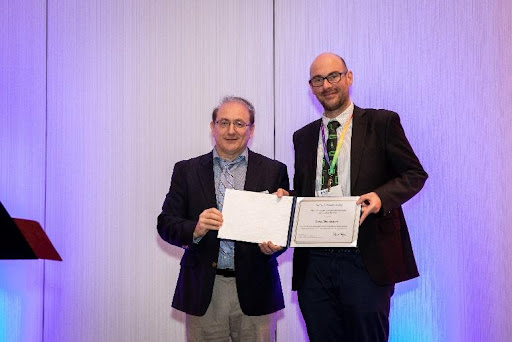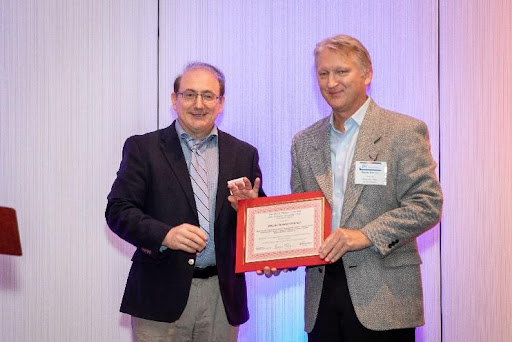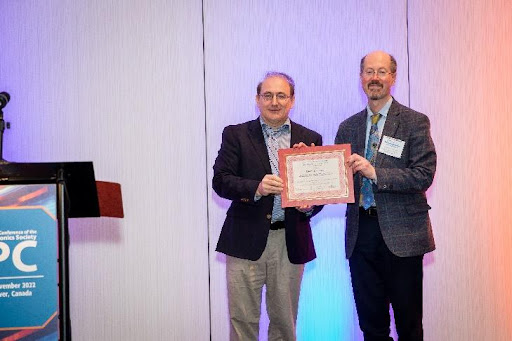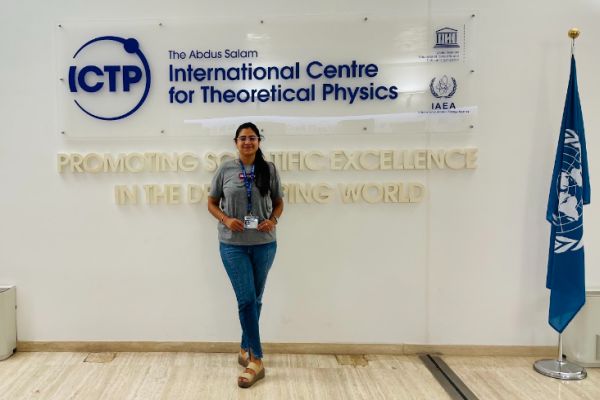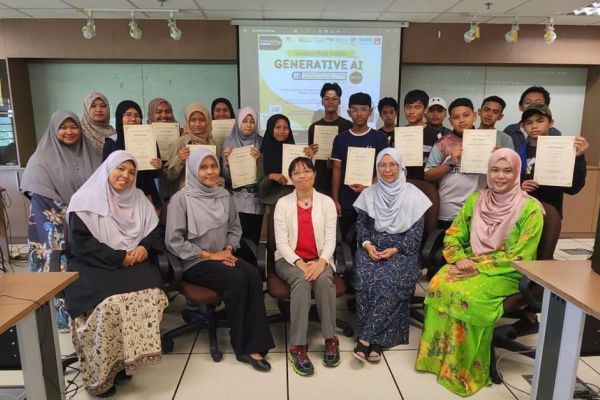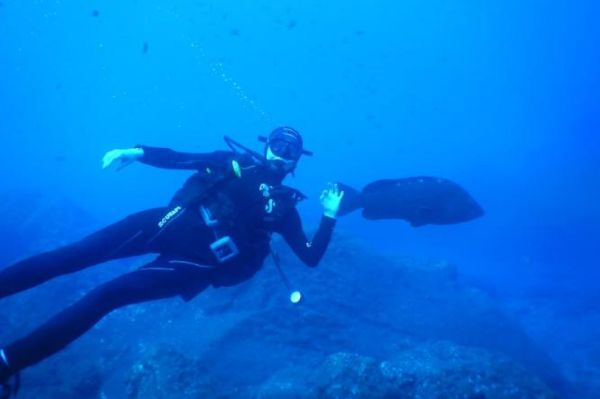The 35th IEEE Photonics Conference was held November 13–17, 2022 in Vancouver, BC, Canada. The conference has long been recognized for its technical preeminence in the field of optics and photonics, but is more than just a scientific conference; it is the annual meeting of the IEEE Photonics Society membership. It is also a forum where the IEEE Photonics Society honors its annual award recipients, as well as several volunteers for their service and dedication to the society. This year, being the first in-person event since 2019, all conference registrants were invited to attend the Welcome Reception and Awards Banquet which also celebrated the accomplishments of the society.
Conference General Chair, Weidong Zhou, University of Texas at Arlington, kicked off the banquet by welcoming the attendees and introducing the IEEE Photonics Society President, René-Jean Essiambre, of Nokia Bell Labs, who went on to host the event.
To begin the evening’s honors, the IEEE Photonics Conference was privileged to have IEEE Division X Director, Dalma Novak, in attendance to honor the recipient of the IEEE Photonics Award. The recipient selection for this award is administered through the IEEE Technical Field Awards Council of the IEEE Awards Board. The IEEE Photonics Award, which is sponsored by the IEEE Photonics Society is presented to recognize outstanding achievements in photonics. The 2022 recipient, IEEE Life Fellow, Rodney S. Tucker, was honored, “For contributions to photonic device modelling and bridging the gap between device and system-level performance, including energy consumption.” Professor Tucker is a Laureate Emeritus Professor with the University of Melbourne, located in Victoria, Australia Professor Tucker’s groundbreaking studies on the capabilities and limitations of photonic devices for memory, switching, and logic operations have helped optimize the design of photonic systems. His work on modeling high-speed semiconductor lasers has been used in several commercial laser modeling tools and has influenced commercial laser development for communications applications. Considered a global expert in the energy consumption aspects of communications networks, Professor Tucker developed a framework for analyzing the fundamental limitations on energy consumption in optical fiber communications systems, providing comprehensive analysis of the physical properties of optical transceivers, optical amplifiers, and optical and electronic switches. He has identified the factors that limit network energy efficiency and provided practical guidance on how to improve the energy efficiency of optical telecommunications equipment and networks. His photonics expertise has helped optimize optical communications networks while considering the impact of energy consumption issues.
Photos for inclusion: All courtesy of Julie Doro Photography
